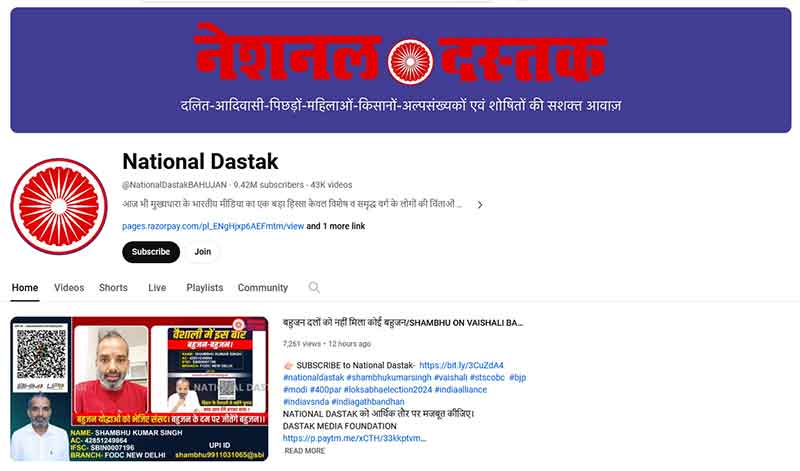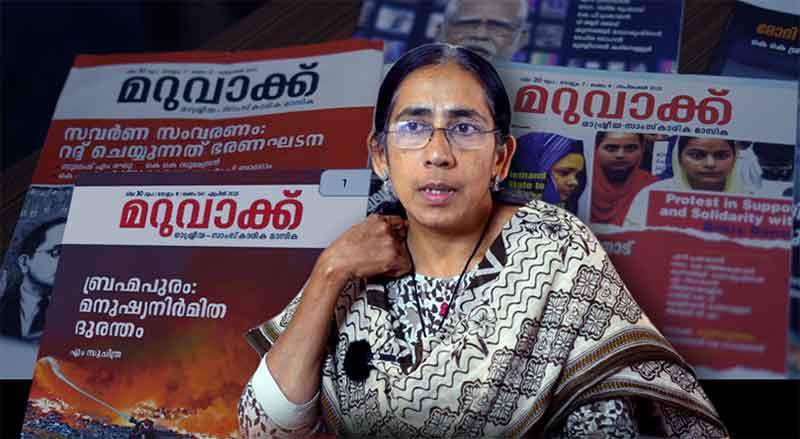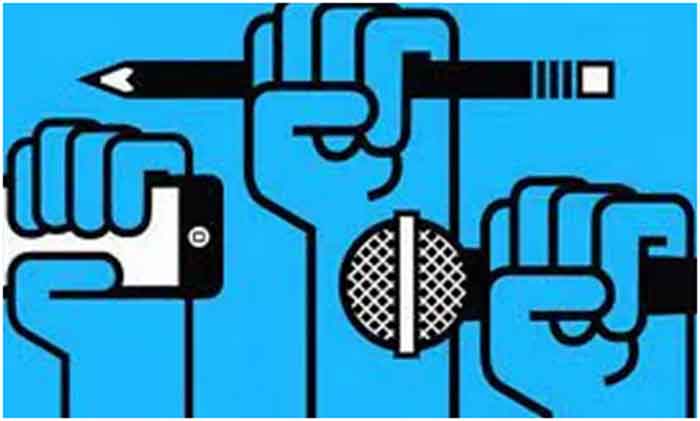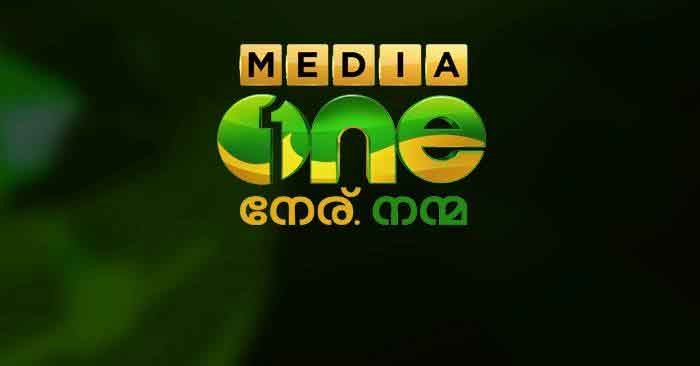
The Center has put a lock on National Dastak, a Hindi news channel that has gained national attention. On April 3, 2024, the notice of central government directive asking to block Dastak’s YouTube channel was sent by e-mail to Dastak channel by Youtube. Similarly, YouTube sent notices to Article 19 and Boltha Hindustan. The notices for the other two channels come within days of the government temporarily banning the Bolta Hindustan channel, which has three lakh subscribers. But the reason behind why National Dastak and Article 19 channels have not been removed from YouTube is not clear yet. Shambhu Kumar Singh editor Dastak has 94,10,000 followers. Dastak is described as a channel that stands as the voice of Dalit, tribal sections, women, children and backward sections. This may be the ulterior motive behind the central action against the channel. Channel X had come out against the Centre’s move by asking, “Are you afraid of Dastak who is a mass party in India with lakhs of channels and media?” Dastak is described as a channel that stands as the voice of Dalit, Adivasi , women, children and backward communities. This may be the ulterior motive behind the central action against the channel. The notice issued by YouTube’s legal cell against Dastak points to the stringent provisions of the controversial Information Technology Act, 2021. The Union Ministry of News, Distribution and Broadcasting is taking such measures on the back of the 2021 Act. The Union Ministry of Information and Broadcasting issued a notice on February 13, 2024 to remove the article published by ‘The Caravan’ magazine from the website within 24 hours and it was also under the Information Technology Act.
The owners of the channel complained that they took action against Boltha Hindustan and removed the channel from YouTube without specifying the reason. According to the Information Technology Act, 2021, the channel has every right to know what activities have taken place on their part that would undermine the social fabric and unity of the Nation. As a small media start-up, Boltha Hindustan may have been silenced by its stances on issues such as the Citizenship Amendment Act, the National Register of Citizens, the farmers’ strike and the Hathras case. Section 69 of the IT Act empowers authorized officers of the Central Government to issue orders to remove content on social media platforms. The government can use this law to block content if it threatens national security, sovereignty or public order. But the central government has not been able to point out the lapse in content in the action taken against these three media. Launched on December 20, 2015, National Dastak focused more on the issues of marginalized sections of India that are ignored by the mainstream media. The Dastak team, which gave more opportunities to writers and journalists from the Dalit-Bahujan community, was initially led by Dilip C Mandal, former editor of India Today magazine. Naveen Kumar, who has been in Hindi television media for 20 years, is the editor of Article 19 Channel, which reports on people’s issues from the ground. The suspension of Boltha Hindustan’s YouTube channel comes after its Instagram handle with 40,000 followers was temporarily suspended. “We asked YouTube to find out which videos violated their guidelines. Instead of replying, they deleted our entire content on the platform.” Bolta Hindustan founder Hasin Rahmani told The Wire.
It is because of this approach of the central government that the newsroom of the leading media organization BBC in India had to stop working on April 7, 2024. Last year, continuous action was taken against the BBC by pointing out the violation of the Income Tax Act. From now on, the BBC will be broadcasting under the leadership of a private company called ‘Collective News Room’, formed by four ex-BBC officials from India. The Income Tax Department raided offices in Mumbai and Delhi after the BBC’s ‘India: The Modi Question’, a documentary on the 2002 Gujarat genocide, aired in February 2023. It is the first time in history that the BBC, which has been operating in India since the 1940s, has to hand over its publishing license to another entity. According to the ‘Press Freedom Index’ prepared by Reporters without Borders to mark global media freedom, India’s rank has dropped by 11 points to 161 in 2023. India is ranked 161 out of 180 countries. The ban on YouTube channels has once again given a clear indication that media freedom is at risk in the country.
Naveen Prasad Alex is a master’s student in biological sciences at the University of Turku, Finland. He is a Junior Fellow of the New York Academy of Sciences and has authored two books in Malayalam. He is also passionate about Anti-caste movements, Anthropology and politics.
















































